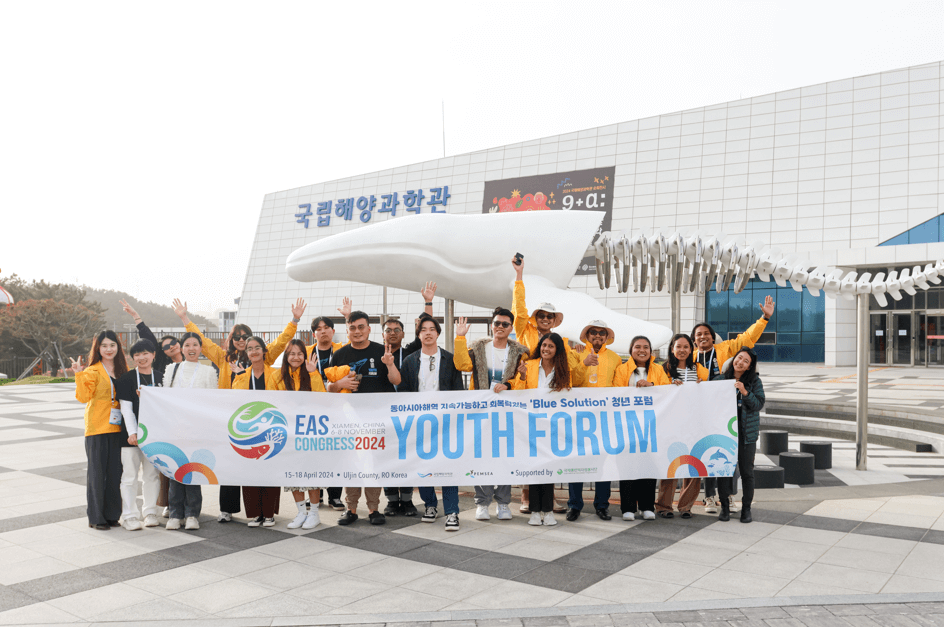Green and Go for River Basin Management in Xedone
Monday, 5 January 2009

Pakse, Lao PDR — It was the day before the annual boat racing festival in Lao and the crowds are ecstatic. People are flocking to the riverbanks - selling food, trinkets and various local goods. At close to midnight, people are still watching a group of dragonboat racers rowing their way along the Mekong.
"The number of tourists is directly proportional to the water level in Mekong", explains one hotel manager. Indeed, days before the boat racing on Oct 16, booking a riverside hotel was almost impossible. The annual boat racing festival marks the end of the Buddhist "lent," one of the biggest annual celebrations in Lao.Water resources play a central role in the socio-cultural and economic lives of the people in Lao PDF. To protect these resources, a Decree on the Establishment and Activities of the Water Resources and Environment Administration was issued to consolidate initiatives and water resources, and strategically channel resources from national and international donors and agencies. Previously, the management of these resources was the responsibility of various agencies, making coordination and monitoring more difficult.The implementation of the Xedone Integrated River Basin Management Project (XIRBMP) is one of effort, which is designed to promote an integrated management approach under the new institutional set up. The XIRBMP was formally adopted by the littoral provinces of Champasack, Saravanne and Sekong on 8 October 2008 through the signing of the Memorandum of Agreement (MOA) between the three provinces, the Water Resources Department and the PEMSEA. The signing of the MOA is a culmination of the series of discussions and consultations with the provinces on the priority areas and issues. The focus of the project implementation would be the development and implementation of a riverbasin management strategy that would provide an overall platform for integrated management of the riverbasin. As part of the strategy development, the baseline report will be further refined to describe the current state of the riverbasin and identify the priority concerns for the riverbasin. The XIRBMP is also guided by the learning-by-doing approach on capacity development to strengthen existing capacity of local staff for implementation."There is no venue for the three provinces to gather and discuss the issues of the Xedone River Basin, so it is difficult to have a complete picture of what is happening. There should be an inter-provincial committee to make sure that there is coordination in addressing issues," said the Provincial Water Resource and Environment Office (PWREO) representative from Champasack."Sometimes the water level in Selabam area can go down to as low as 5 cubic meters, which results to conflicts among upstream and downstream users," he added.This problem is confirmed by the provincial officials of Saravanne, saying that the small hydropower in Selabam can only produce 10 megawatts. Se Xet 1 can only run for four hours a day and Se Xet II only a few hours as well. With the limitations of these hydropower plants, Se Xet III will be constructed soon to generate more electricity for local consumption.In Sekong, the implementation of a community-based waste management brings hope to clean up the area near the Thateng market. If implemented, it will be the first development project that targets pollution reduction through community initiatives in the provinces.Strengthening of human resource capacity is a critical factor for PWREO staff. "About 70 percent of the river basin is located in Saravanne. In addressing the problems of the Xedone River Basin, it is important that our local staff have the capacity to deal with the situation in the river basin," the PWREO head of Saravanne mentioned.As part of the project team's capacity development, the local staff from the three provinces participated in the Training of Trainors on Integrated Water Resources Management (IWRM) organized by the Department of Water Resources and the French Development Agency (AFD). The weeklong training was conducted on 20-25 October in Paksan, Bolimxay Province, Lao PDR.



